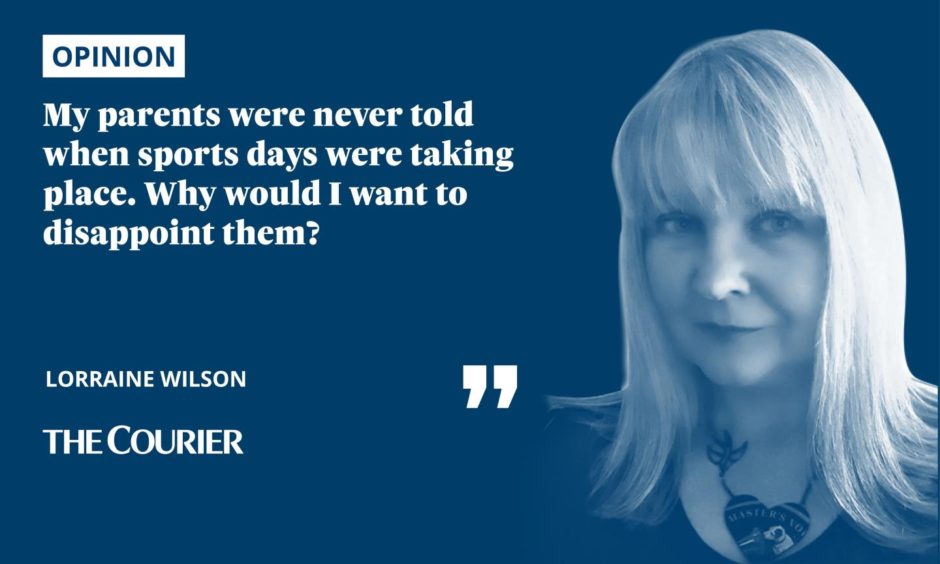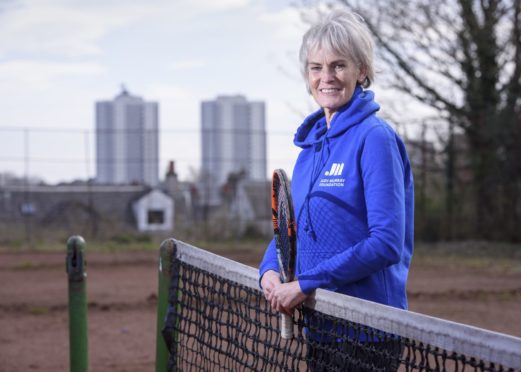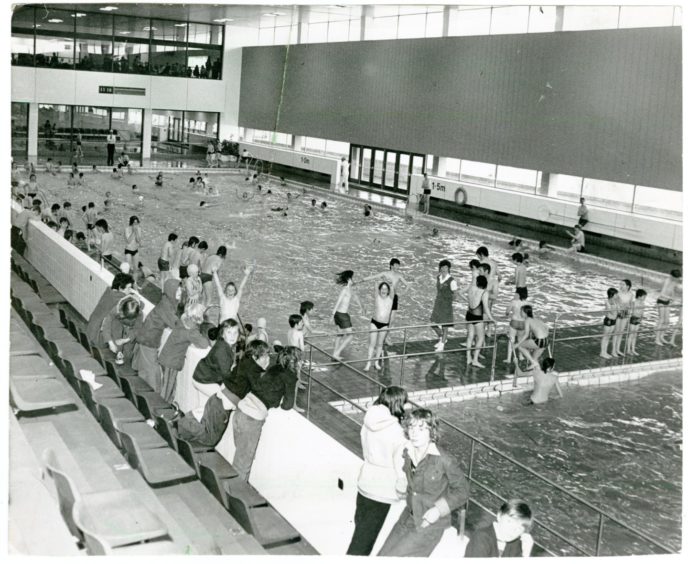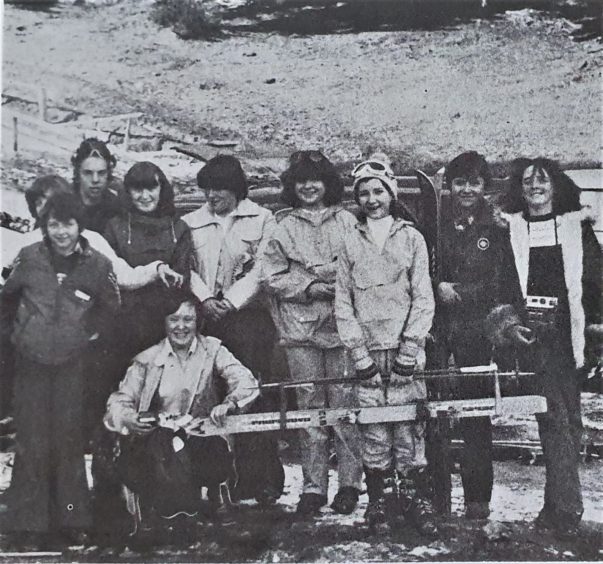It’s taking part that counts. How often have we heard that? Not from Judy Murray who, this week, criticised those schools who chose to hold sports days where no one wins, and no one loses.
As the mother of two athletes at the top of their sport, of course she would see the benefits of competitive sport.
The desire to win from an early age must have given them the edge to battle on through defeats and injuries and training sessions.
And that’s great. We look up to people like Andy and Jamie, jump up and down when they win, and admire their dedication that brought them to that point.

For the vast majority of humanity, however, the ones who don’t have a Judy Murray urging them on from the sidelines, taking part in sport is simply a bit of fun.
It’s also an important part of the physical activity we need to combat the effects of our sedentary lifestyles.
Some children need to be encouraged to take part in activities.
I was one. I would rather have had my head in a book than my hand on a netball.
My parents were never told when sports days were taking place. Why would I want to disappoint them, seeing their daughter chosen last for the team – again?
Sports days with no winners or losers fail to prepare children for real life, warns Judy Murray https://t.co/qyrGm5zqow
— judy murray (@JudyMurray) June 27, 2021
Looking back, that’s terribly sad and so harmful to the confidence of a young girl.
Whatever the experience of Judy Murray, taking part in competitive sports did nothing but make me shy away from sport – and consequently most physical activity.
Don’t even start me on school swimming trips , when imperfectly shaped teens would be laid almost bare to the taunts of horrible boys.
I can swim well enough to save myself, but those memories are enough to make the smell of chlorine prompt horrible flashbacks.
Excuses worked but look what I missed
When I handed over “notes from my mum” to the teachers, I hoped they wouldn’t notice that this was my second, third or fourth period that month.
They usually didn’t care. I wasn’t much use to them, so I was allowed to trot off to the – Hallelujah! – library.
If I hadn’t been mocked by gym teachers for puppy fat, teased by my peers, and crushed by the vain pursuit of certificates and medals, I might have had less fear of double PE though.
I would have enjoyed all those lovely endorphins that come with physical activity.
I might have lost the puppy fat earlier.
In a bizarre turn of events and for a reason I will never fathom, my parents decided to send their studious, mostly stationary, daughter on an unusual school holiday.
This would be her first trip outside the UK, during the first year at secondary school.
I was delighted. I was curious about the world, having spent endless weeks’ pocket money on every volume of the New Junior Encyclopaedia.
I was going on a plane?! I was going to Bulgaria?! Fantastic!
I would be skiing?! Have you met me mum and dad?
Forget skiing, there’s a folk museum
There were a few hopeless trial runs on a dry ski slope at Ancrum Road activity centre.
But the first time I stood on the slippy stuff with planks strapped to my feet, was under the tutelage of two snotty ski instructors in Pamporovo, Bulgaria.
I was terrible. Awful. But I was in the open air, it was sunny and snowy, and I was with my pals. And I was in Bulgaria.
Mind you, I was probably the only pupil in the group relieved to be boarding a rickety bus and heading off to Plovdiv. We visited a folk museum to find out more about Bulgarian history. Now you’re talking.
Then came the final night and the first edible meal of the week. Also, the handing out of the certificates of competence in skiing.
As a Wilson I’m used to being last. But it never came.
A 12-year-old who had actually tried her very best during those shouty sessions on the nursery slopes was deemed to be incompetent.
If I hadn’t had that experience, however, my interest in travel and languages and the history of how countries like Bulgaria suffered under the Soviets might never have been realised. It was a welcome side-effect.
Win, lose or draw, I’m with Michael Marra
I’m not saying every child should be constantly told that they’re perfect, or that they can be whatever they want to be.
That doesn’t help any more than Judy Murray saying competition counts.
By teaching children that sport isn’t ALL about winning and losing, we won’t prevent the future Murrays from coming through.
They’ll be off playing their chosen sport outside school and developed if they show promise.
It might bring the fun back into sport for the bookish and the shy though.
It might make exercise and activity habit-forming into adulthood, which is good for our physical and mental health.
In the words of Michael Marra, from his great Hamish (the Goalie) “Win, lose, or draw, you’ll get home to your bed just the same.


